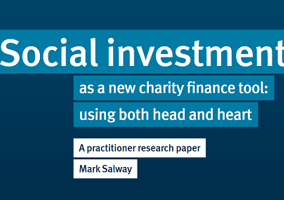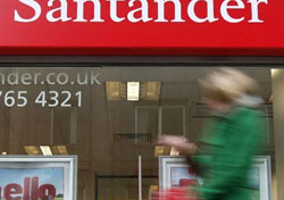An investment firm has redesigned a £30m fund for charities after it made only two loans in its first three years.
Social and Sustainable Capital (SASC) launched its Third Sector Loan Fund in 2014 with a £13.5m investment from Santander – believed to be the first time a high-street bank had made a direct investment in social finance.
The fund also received a £1.5m investment from the Social Investment Business charity and a £15m investment from Big Society Capital, making it the largest loan fund for the charity sector at the time.
But deployment of the money was lower than expected, with only two successful loans - to social care charity Family Action and transport charity HCT Group.
As a result, SASC commissioned umbrella body Social Enterprise UK to undertake an in-depth consultation with the sector to uncover potential investment barriers and assess the demand for social investment.
Social Enterprise UK published the findings in a new report, A Demand-Side View of Social Investment, which lists three main barriers to social investment – a lack of product flexibility, a need for greater risk sharing and the often slow and unclear investment due diligence process.
As a result, SASC has made changes to its fund including more than doubling the maximum investment period available from seven to 15 years, more flexible repayment terms including a less rigid approach than its original interest rates of between 6 and 12 per cent.
Benjamin Rick, managing director of SASC, said that making investments had proven harder than expected. He said that charity investments were bespoke and required a deep understanding of the sector.
Originally focusing on traditional loans, TSLF will now offer secured and unsecured loans, finance for payment by result contracts, and quasi-equity investments from £150,000 to £3m.
As before, potential investees must be able to demonstrate their social impact – that they are working to improve the lives of the most disadvantaged people across the UK.
See in Charity Finance
“We have understood from the organisations we spoke to that the need is often for more flexible products than traditional loans," Rick said.
“What we will now offer will still be debt, because that is often the only form of investment that most of the organisations we support can take, but it can be designed to share risk in line with the findings in the report.
“Among other things the more flexible repayment terms we are able to offer include interest and principal payment holidays, roll up repayments in periods where organisations are not generating cash, and benchmark repayments to the success of the organisation or project we are funding.”
Related articles












